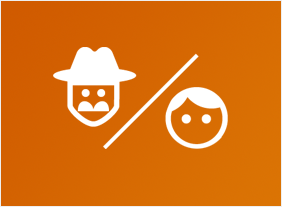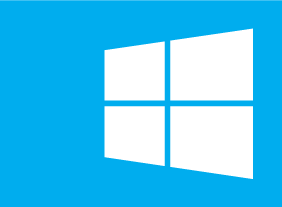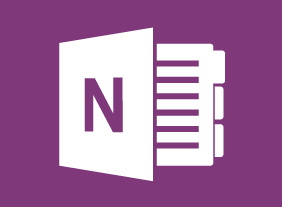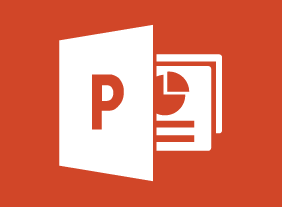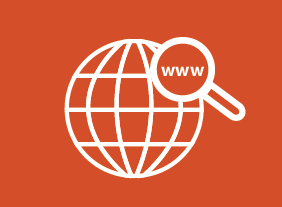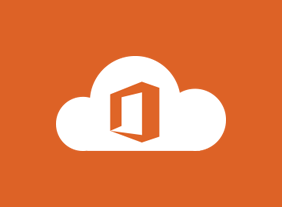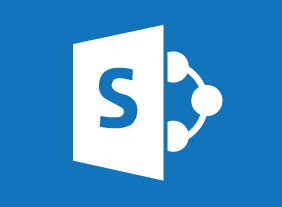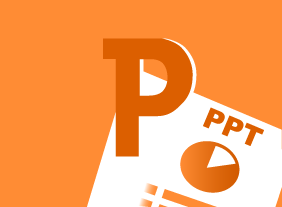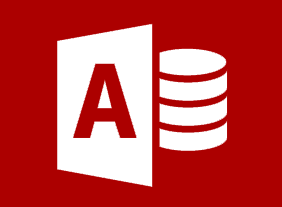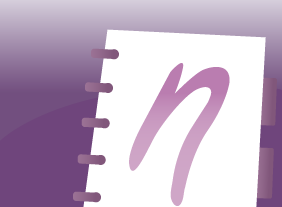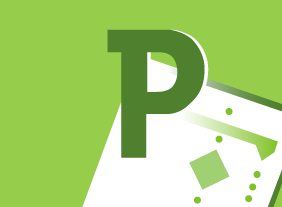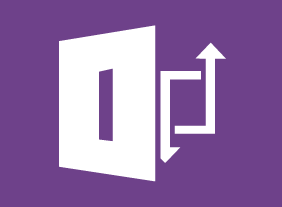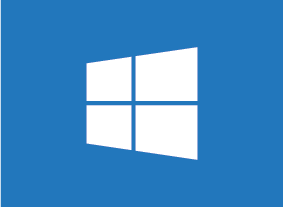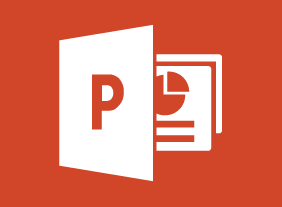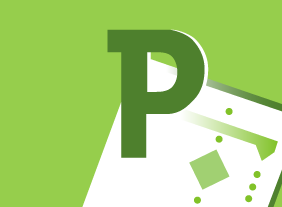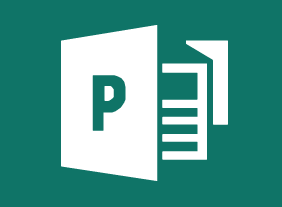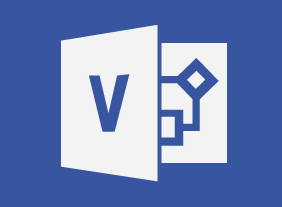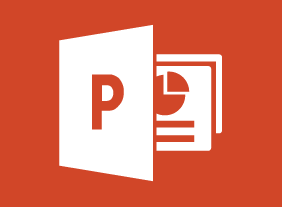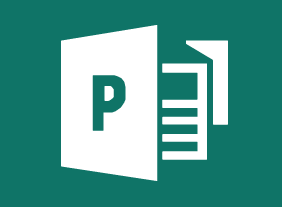-
Body Language: Reading Body Language as a Sales Tool
$99.00In this course, you will learn how to interpret personal space, gestures, facial expressions, body movements, and posture. Youll also learn how to send the right message with body language, dress, and personal interactions. -
Generation Gap: Closing the Gap in the Workplace
$99.00During this course, you will consider whether defining the actual limits of each generation is most important, or whether the merits of people within the context of employment is the bigger issue. You will learn about the various types of generations and how human resource practices can bridge the gap. -
Conducting Accurate Internet Research
$99.00This course is going to provide you with the skills you will need to get the most of an Internet search. You will learn where to look for information, how to find it, and the types of information that you can, and cannot, find online. It looks at the surface web and then takes you further in your searching skills to the deep web. -
Knowledge Management
$99.00In this course, you will learn what knowledge is, what knowledge management is, how tacit and explicit knowledge are different, and the business benefits that knowledge management can bring. Then, you will learn about the knowledge management mix (which includes people, technology, and process) as well as a four step process for building your knowledge management framework. You will also learn about four knowledge management models: Bukowitz and Williams KM Process Framework, Gamble and Blackwells knowledge management matrix, Bothas process model, and Nonaka and Takeuchis spiral model. Implementation aspects, such as knowledge management teams, post-mortem plans, KMBOKs, Chief Knowledge Officers, and pilot programs, are covered as well. -
Team Building: Developing High Performance Teams
$99.00After you complete this course, you will understand how to apply the TORI model, Tuckman and Jensens five stages of team development, and Glenn Parkers 12 characteristics of effective teams to develop high-performance teams. You will also complete the Velsoft team player type assessment to help you identify how you behave in a team and how you can connect with others. -
Microsoft Excel Online: Using Pivot-Tables
$99.00In this course you will learn how to insert PivotTables, work with PivotTable data, and sort and filter PivotTable data.


